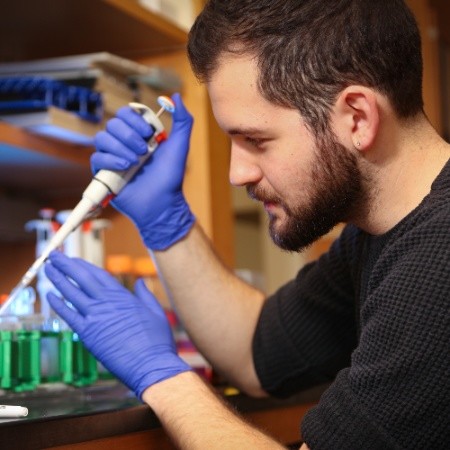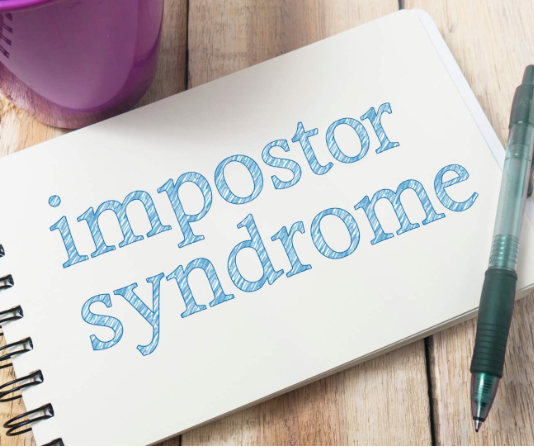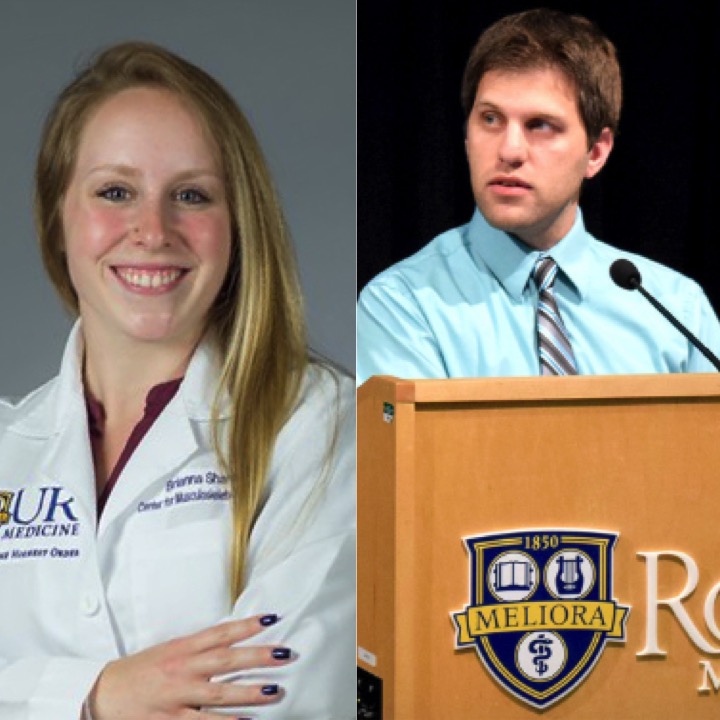Research Roundup: Dealing with Failure and an Unfunded Grant Application
News Article by Steve Dewhurst, Vice Dean for Research
Dealing with failure and an unfunded grant application is a horrible feeling. A private hurt that’s immeasurably hard to share with colleagues, family and friends. That’s because the narrative is one of failure. But, I’ve chosen to write about it anyway – because we’ve all been here. Because shame thrives in secrecy and loses its power when we talk about it. It’s also true that a life in science requires resilience -- the ability to pick oneself up after a fall and to learn and improve from failure. No one ever said that it would be easy.
So You Don’t Have Time to be an Intern...
News Article by Scott Friedland, MD/PhD student
Many graduate students have varied overlapping academic goals and interests, or a hazy-at-best sense of their options when it comes to navigating from their current study into future projects or career choices. Some also need more help than others in finding the time or resources to explore opportunities in their fields that don’t already dovetail neatly with their established career trajectories or fit within their considerable academic constraints. As an MD/PhD student, for example, my career path is, for the most part, laid out in front of me: when I finish my PhD, I will return to medical school for two years, and then apply for residency, not getting back into the lab for at least four years -- at this pace, an internship is never going to happen. But URBEST is dedicated to helping students explore all their options beyond their current coursework via regular workshops and seminars, and by helping students find and finance unique learning experiences they may not otherwise have considered pursuing. The following is my story that I offer to encourage the University of Rochester’s graduate students to consider connecting with URBEST and to pursue additional academic interests and skill-sets, even when an internship is not a viable option.
Imposter Syndrome: Overcoming the Fear of Being a Fraud
News Article By Sarah Dickenson (Phelan), PhD Candidate in Toxicology
No one likes to spend their day feeling like they don’t belong. While this may seem strange, it’s actually surprisingly common and is referred to as “imposter syndrome”. Harvard Business Review defined imposter syndrome as “a collection of feelings of inadequacy that persist despite evident success.” I personally started experiencing this early in my grad school career. I felt as if I didn’t deserve to be there and that I was a fraud. These feelings seem to be particularly common among scientists, and I wanted to write a short blog post about how I deal with it in case it may help others.
Podcasting: How We Started and What We Learned Along the Way
News Article by Keith Morris-Schaffer and Katrina Jew, PhD Candidates for Toxicology
Graduate school is not just an opportunity for academic pursuits but also an opportunity to empower your voice through podcasting! Podcasting allows you to share your passion and fill in a deficient niche. We are two fifth-year toxicology graduate students who have appreciated the opportunities provided by URBEST to promote all avenues of employment a PhD could pursue. This seed of inspiration encouraged us to expand this style of opportunity by making a live podcast, titled “Interview with an Expert” for interested graduate students.
Internships at the GMP Facility: Our short experiences as Mentees
News Article by Brianna Shares, PhD Candidate in Cell Biology of Diseases, and Robert Maynard, PhD Candidate in Cell Biology of Disease
One of the ways to determine what skills would be beneficial to future employers is to simply look at job postings and see which skills you have or don’t have. I noticed a recurring theme in the job descriptions: GMP experience was commonly a preferred or required qualification. If you’re thinking ‘what on earth is GMP?’ you’re not alone. A quick internet search gave me my answer: Good Manufacturing Practice (hence GMP) is essentially the standard for manufacturing and testing a product, such as a pharmaceutical drug, so that it is safe for human use. GMP was something that I had no experience with, so I decided to do something about it.





